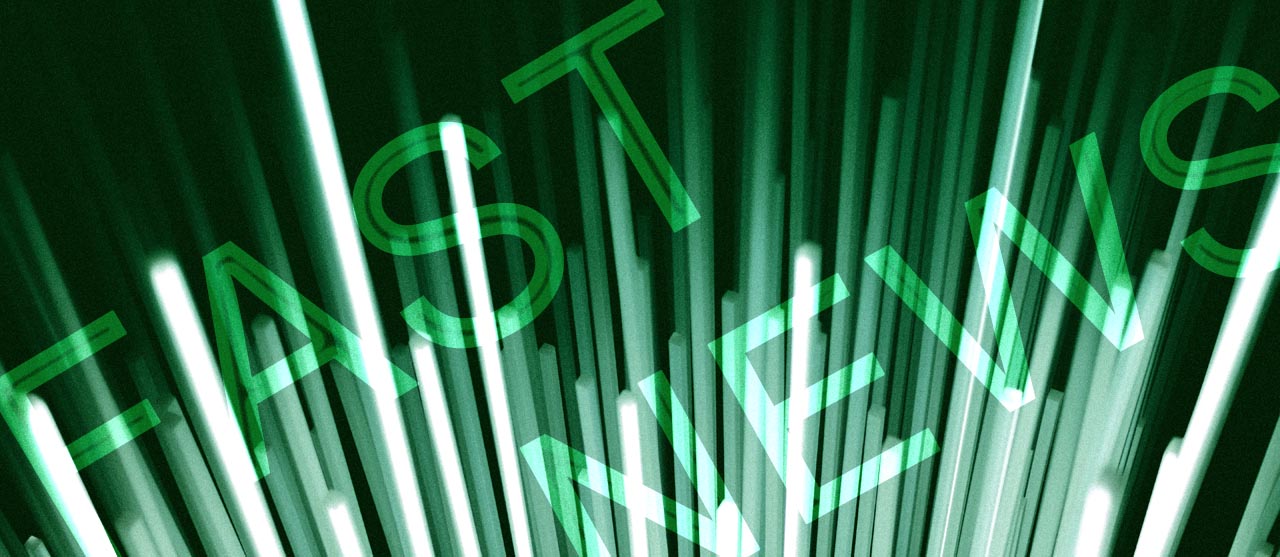FAST NEWS: New Injectable Drug from Simcere Pharma Approved For Marketing In China

The latest: Simcere Pharmaceutical Group Ltd. (2096.HK) announced Wednesday it will market Cosela, a cyclin-dependent kinase CDK4/6 inhibitor developed by the group with G1 Therapeutics, in China after receiving conditional approval from the National Medical Products Administration.
Looking up: Cosela is an injectable drug that helps small-cell lung cancer patients reduce the damage caused by chemotherapy to bone marrow hematopoietic stem cells and immune cells, filling a gap in the Chinese pharmaceutical market in this area.
Take Note: Though the drug is approved for marketing in China, the company still has a lot of preparation work to do to support commercialization, such as completing product quality certification and developing a marketing strategy, which involves a lot of financial resources.
Digging Deeper: Founded in 1995, Simcere Pharmaceutical is a drug company focused on R&D, manufacturing and sales of oncology and cardiovascular drugs. The company’s Sanbexin, which is used to treat ischemic stroke and it says has been the only drug of its kind approved for sale worldwide in the past five years, was approved for sale in China in July 2020 and entered the National Reimbursement Drug List issued by China’s National Healthcare Security Administration in December of the same year. With the conditional marketing of Cosela, it is expected to have a positive impact on the group’s revenue.
Market Reaction: The company’s shares rose in early trading Thursday, climbing 2.5% to HK$10 at the midday break. It now trades at the middle of its 52-week price range.
Translation by Jony Ho
To subscribe to Bamboo Works free weekly newsletter, click here





